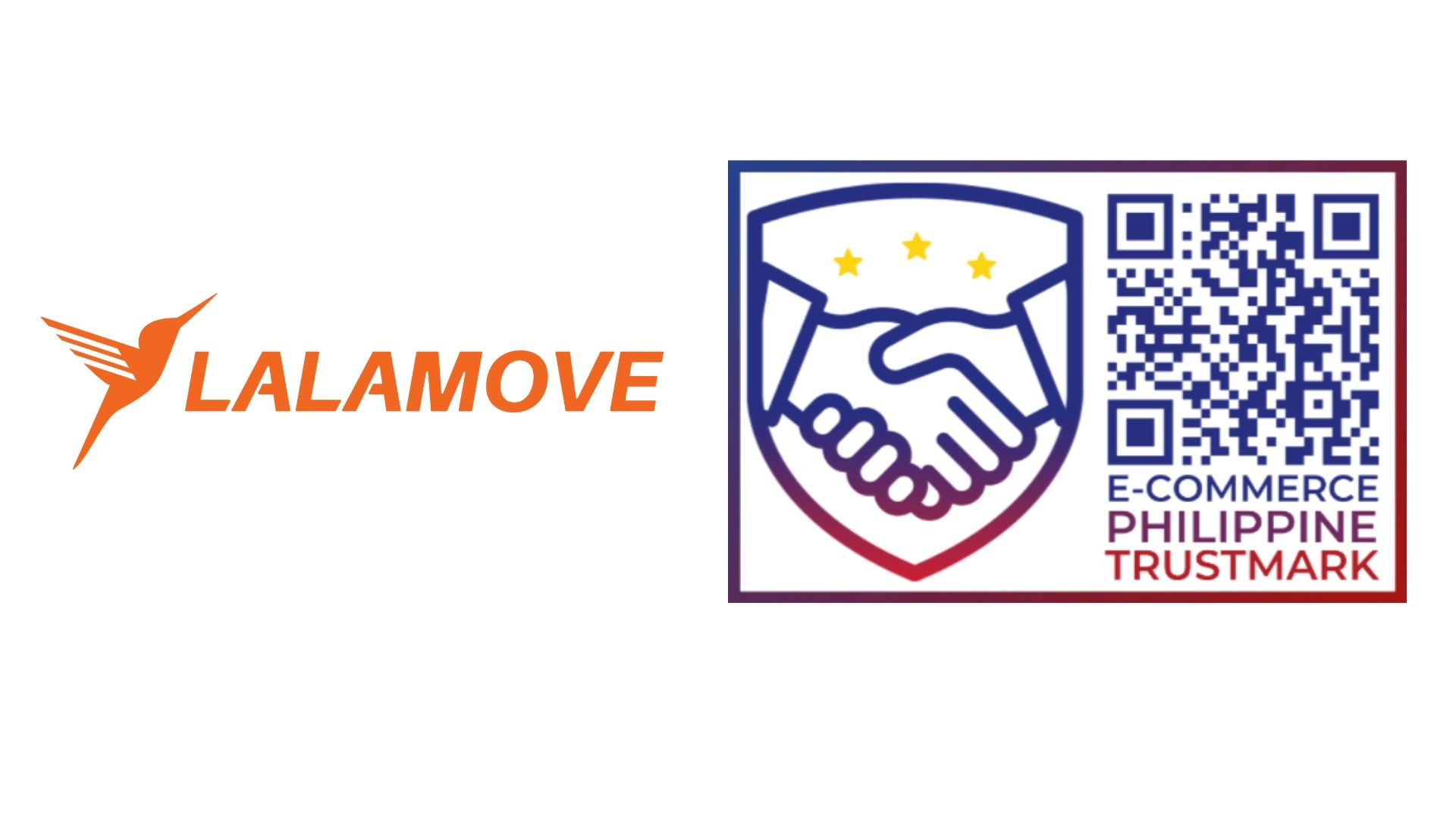Leading delivery platform becomes first major logistics company to earn the government’s “E-Commerce Philippine Trustmark,” protecting 35,000 daily business transactions.
The Philippine e-commerce landscape just got significantly safer. In a groundbreaking move that could reshape consumer trust in digital marketplaces, on-demand delivery giant Lalamove has secured the Department of Trade and Industry’s (DTI) coveted E-Commerce Philippine Trustmark—a government-issued digital badge that verifies platform authenticity and combats fraudulent online activities.
This development marks a pivotal moment for the country’s rapidly expanding fintech and e-commerce sectors, where consumer protection has become increasingly critical as digital transactions surge across the archipelago.
A game-changer for consumer protection, e-commerce

The E-Commerce Philippine Trustmark represents more than just a certification — it’s a comprehensive fraud prevention system operating under Republic Act No. 11167, the Internet Transactions Act. For the estimated 35,000 businesses that rely on Lalamove’s services daily, this certification provides an additional layer of security that could significantly reduce fraudulent activities plaguing the Philippine e-commerce ecosystem.
“We appreciate Lalamove’s effort to become our trusted partner in supporting the initiative of the DTI to address the public’s common concern over illegitimate online businesses through the E-Commerce Philippine Trustmark,” said Dir. Atty. Eryl Royce R. Nagtalon, Officer-in-Charge of the E-Commerce Bureau of DTI. “With many businesses using Lalamove in their daily operations, the Trustmark will be able to help assure the safety and security of their consumers’ transactions.”
Beyond delivery: Building ecosystem trust

What sets this partnership apart is Lalamove’s commitment to extending protection beyond its own platform. The company has announced plans to actively assist its MSME partners in obtaining their own Trustmark certifications, creating a ripple effect of verified businesses throughout the Philippine digital marketplace.
This initiative addresses a critical pain point for Filipino consumers who have increasingly fallen victim to online scams and fraudulent sellers. When MSMEs register for the Trustmark, they receive QR codes and security features linking to a comprehensive online business database that consumers can use to verify business legitimacy in real-time.
Technology meets accountability

Djon Nacario, Managing Director of Lalamove Philippines, emphasized the strategic importance of this move, saying, “One of Lalamove’s core purposes is to connect MSMEs and consumers; that’s why we are continuously doing our part to make sure that every transaction they do on our platform is safe and secure.”
“We believe that by supporting DTI’s fight against fraudulent activities in e-commerce platforms, we can help our customers protect themselves better,” he added.
The company’s proactive approach extends beyond certification. Lalamove has already implemented advanced safety measures including Driver Facial Recognition technology and a comprehensive Goods Protection Promise.
These initiatives, combined with ongoing customer and driver education programs focused on identifying delivery mismatches and reporting suspicious activities, demonstrate a holistic approach to platform security.
Industry impact and future implications

Since entering the Philippines in 2016, Lalamove has become integral to the country’s digital commerce infrastructure. The Hong Kong-founded company, which operates across 14 markets in Asia, Latin America, and EMEA, processes thousands of daily transactions that directly impact Filipino businesses and consumers.
This Trustmark certification could set a new industry standard, potentially pressuring other major platforms to pursue similar certifications. As the Philippine e-commerce market continues its explosive growth — accelerated by pandemic-driven digital adoption — consumer protection mechanisms like the E-Commerce Philippine Trustmark become increasingly vital.
In the end, the partnership between Lalamove and DTI represents a significant step toward creating a more secure digital marketplace in the Philippines. By combining government oversight with private sector innovation, this initiative could serve as a model for other Southeast Asian markets grappling with similar e-commerce security challenges.
For Filipino consumers and businesses, this development signals a future where digital transactions carry greater assurance and accountability — a crucial foundation for the country’s continued fintech evolution.
As more platforms adopt similar certifications, the Philippine e-commerce landscape appears poised for a transformation that prioritizes trust, transparency, and consumer protection in the digital age.








